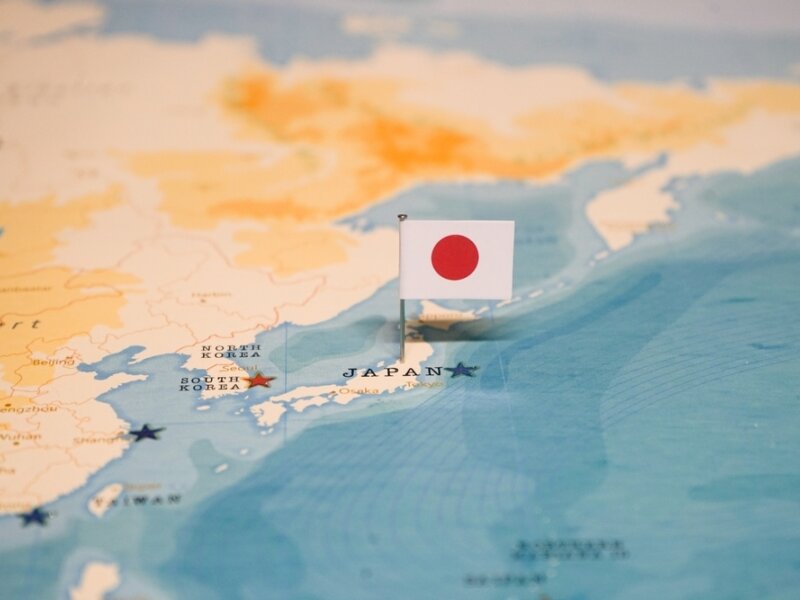October Elections in Tanzania: CCM expected to sail through unchallenged
As Tanzania approaches its October 2025 elections, the long-standing ruling party CCM appears well positioned to continue its leadership.

Tanzania is set to hold its general elections on 28 October 2025, and the ruling party, Chama Cha Mapinduzi (CCM), which has been in power since independence in 1961, is expected to maintain its decades-long dominance. In the 2020 elections, CCM, represented by the late John Magufuli, secured 12,516,252 votes, accounting for 84.4% of the total votes cast, while Chadema, represented by Tundu Lissu, received 1,933,271 votes, equivalent to 13.04%. Voter turnout stood at 50.7%. Out of the 377 parliamentary seats, CCM won 350, while Chadema secured only 20 and ACT-Wazalendo took 4. The elections were marred by controversy, including reports of intimidation and harassment of opposition leaders, media personnel, and civil society members. There were also incidents involving the distribution of pre-marked ballot papers, opposition agents being locked out of polling stations hence allowing ballot stuffing. Also, suppression of information flow through the blocking of WhatsApp, Twitter (now X), and Telegram, with VPN access also restricted. International observers such as the EU and the Commonwealth were not invited; only missions from the African Union (AU) and the East African Community (EAC) were allowed. Then-incumbent President Magufuli had earned a reputation for authoritarianism, with his tenure marked by restrictions on democracy and human rights. These actions were likely aimed at reinforcing CCM’s hold on power following signs of waning popularity in the 2015 elections, when the opposition gained ground; Chadema’s candidate, Edward Lowassa, garnered 39.97% of the vote and secured 70 seats in Parliament. As the October 2025 elections approach, CCM is preparing to run unopposed, raising questions about not only the credibility of the electoral process in Tanzania but also the decline of democracy in the East African region.
The CCM flag bearer is the current president, who took over after the sudden passing of John Magufuli in March 2021, Samia Suluhu Hassan. And just like her predecessor, she has overseen thorough planning to ensure CCM remains in power with minimal opposition. To secure her hold on power and position herself for the 2025 election, President Samia Suluhu has strategically reshuffled her cabinet, removing key Magufuli loyalists who opposed her rise, such as Bashiru Ally and Palamagamba Kabudi and reinstating sidelined figures like January Makamba, Nape Nnauye, and Abdulrahman Kinana. In a bid to retain Magufuli’s vote-rich base, she also brought back some of his allies, including Doto Biteko and Paul Makonda. With consolidated power and internal dissent quelled, Samia tightened her control and in turn enhanced CCM's dominance as elections approached.
CCM undertook strategic actions to secure victory in the October 2025 elections. A major internal reform was implemented; the party amended its constitution to decentralize the candidate selection process. This reform enabled regional, district, and ward committees to participate in the vetting and nomination of candidates, shifting authority away from the national leadership. Samia urged the committees to be fair and called on party members to rally behind those chosen by the committees. The decentralization of the selection process was intended to eliminate losses and reputational risks associated with unpopular candidates selected solely due to their loyalty to the party or favoritism from the national leadership. According to the party, a nationwide digital registration drive increased membership from 3.6 million in May 2024 to 12.1 million by December 2024. Additionally, the party distributed 194 vehicles to district offices, motorcycles to ward offices, and provided vehicles to its various wings to strengthen grassroots outreach. CCM also piloted a digital platform linking its headquarters with regional and district branches, enhancing coordination and communication. The party presented a manifesto aligned with Vision 2050, emphasizing youth economic empowerment through vocational training and the promotion of business and investment.
While CCM worked to garner support ahead of the election, it also took steps to restrict the space for opposition parties in the upcoming elections. It used electoral regulations to block its main competitor from participating. In April 2025, Chadema was disqualified after refusing to adhere to the Electoral Code of Ethics, which the INEC’s Director of Elections, Ramadhani Kailima, explained would result in disqualification from the upcoming election and any by-elections until 2030. Chadema's refusal to sign the code of conduct was part of its broader efforts to push for electoral reforms. This occurred just days after party leader Tundu Lissu was arrested and charged with treason following his public call for electoral reforms at a rally in Mbinga, Southern Tanzania. Lissu remains in custody and, during a court appearance in mid-June, he complained about deplorable conditions and restrictions on private meetings with his lawyers. Human rights organizations, including Amnesty International, have condemned his arrest and called for his immediate release.
Like a foreshadowing of the upcoming election, CCM’s campaign strength was evident in the local government elections held in November 2024, where the party secured 99.01% of the village seats, while Chadema managed only 0.79%. However, opposition parties alleged widespread rigging by the ruling party, including ballot stuffing. Without a doubt, CCM is expected to cruise through the October 2025 elections unchallenged, effectively securing a second term for Samia Suluhu Hassan. Nevertheless, this situation raises important concerns about the state of democracy in the country and highlights the urgent need for electoral reforms to create a more level playing field in future elections.


